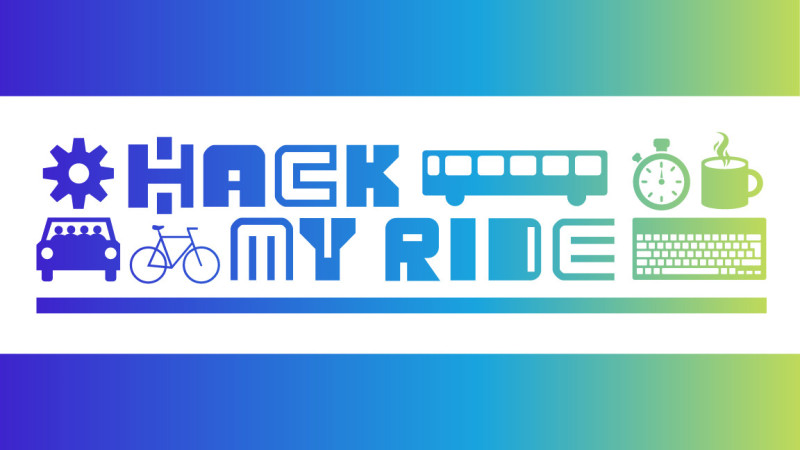The Bay Area is hosting three hackathons to mark the National Day of Civic Hacking on Saturday: one in San Francisco, one in Oakland and one in San Jose. The San Jose event is focused on traffic.
For $30,000 in prize money, hackers are asked to crack one of the biggest headaches in the region -- or at least address part of the problem -- using open data from the Santa Clara Valley Transportation Authority. The VTA is co-hosting “Hack My Ride 2.0” with Code for San Jose.
Last year, the VTA opened much of its data to the public, energizing the local civic hacking community. Code for San Jose co-founder Kalen Gallagher says, “We got a lot of excited people in the room, and they started to hack on it and build some things.”
He expects 60 to 80 people to roll up their sleeves this Saturday at the Tech Museum of Innovation.
Past projects include tracking contributions in the last San Jose mayoral race and Cycle Safe, an app that makes it easy for cyclists and pedestrians to report hazardous road issues, such as potholes.
